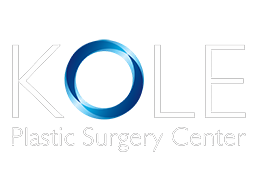Cosmetic surgery is always performed to reshape otherwise normal structures of the body in order to improve the patient’s general overall appearance and self-esteem. Cosmetic surgery is usually not covered by health insurance because it is elective surgery.
Reconstructive surgery is performed on abnormal body parts either caused by developmental abnormalities, congenital defects, trauma, infection, benign or malignant tumors or other diseases. Reconstructive surgery is usually performed to improve function, but may also be performed to restore the patient to a near normal appearance. Reconstructive surgery is generally covered by most commercial health insurance plans although coverage usually requires a pre-approval. There are a number of “gray areas” in coverage approvals for plastic surgery procedures that require consideration by an insurance carrier prior to approval. These areas usually involve surgical procedures which may be considered either reconstructive or cosmetic in nature. For example, Eyelid Surgery (blepharoplasty) of the upper lids – a procedure normally performed to achieve cosmetic improvement – may be covered if the eyelids are drooping severely and obscuring a patient’s vision.





